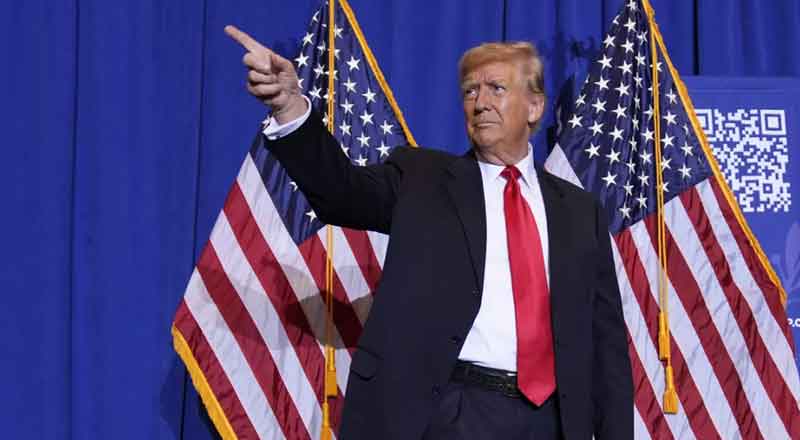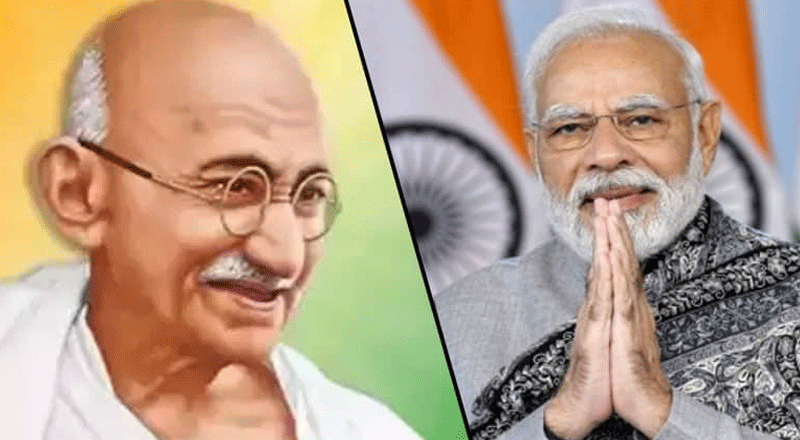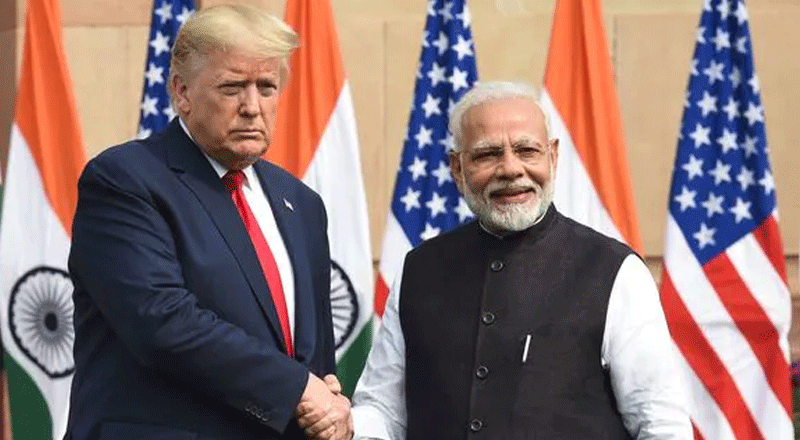In a historic and polarizing election, former President Donald Trump has won a second non-consecutive term in the White House, marking a political comeback unprecedented in modern American history. With the latest electoral college count showing Trump with 267 votes, his victory signals a turning point for both domestic and international policies. Trump’s campaign, fueled by his “America First” agenda, resonated with a significant portion of the electorate, capturing key battleground states, including North Carolina, Georgia, and Pennsylvania. As he prepares to re-enter the Oval Office, the United States and the world await the impacts of this renewed Trump administration.
Trump’s Path to Victory: A Tale of Swing States and Strategic Gains
Trump’s victory hinged on a strategic focus on battleground states, where he managed to win North Carolina, Georgia, and Pennsylvania. These states, essential for a Republican victory, showcased Trump’s enduring popularity in regions that often determine presidential outcomes. While Kamala Harris, his Democratic opponent, had hoped to flip key states such as Michigan, Pennsylvania, and Wisconsin, her path narrowed as Trump held strong across multiple swing states. Harris’s campaign relied heavily on securing Northern battlegrounds but found it challenging to overcome Trump’s appeal among certain demographics, including Hispanic and young voters.
The Voter Demographic Shift: Gains Among Hispanic and Young Voters
Exit polls indicate that Trump’s support among Hispanic and young voters increased notably since 2020, illustrating a broader shift within traditionally Democratic demographics. This shift was crucial in states like Florida and Texas, where Trump’s policies on the economy and crime appeared to resonate. His appeal to these voter bases could signify an emerging trend in American politics, as younger and minority voters, traditionally aligned with Democrats, are drawn to conservative platforms on economic and social issues.
Economic and Security Concerns Drive Voter Sentiment
Economic factors played a decisive role in Trump’s support across rural and urban areas alike. Amidst inflation concerns, his promises to revitalize the economy and restore American manufacturing struck a chord with a significant segment of voters. This economic narrative, coupled with heightened concerns over national security and immigration, helped bolster Trump’s appeal as he positioned himself as the candidate who would prioritize American interests above all else.
Kamala Harris, meanwhile, warned of potential threats to democracy under a second Trump presidency, framing her campaign as a defense of democratic institutions. However, her message seemed to face diminishing returns among an electorate increasingly concerned with tangible economic issues, a sentiment that propelled Trump to victory.
Trump’s Triumphant Victory Speech and the Road Ahead
Following his projected win, Trump addressed his supporters at a lively event at the Palm Beach County Convention Center, proclaiming, “America has given us an unprecedented and powerful mandate.” Expressing gratitude for his supporters, including high-profile figures like Elon Musk, Trump celebrated the moment as a validation of his policies and promises. Trump’s rhetoric reflected his confidence in the direction he intends to lead the country, pledging to continue his “America First” approach on a larger scale.
In her brief response, Harris’s campaign co-chair, Cedric Richmond, reminded supporters that not all votes had been counted but acknowledged the challenging electoral landscape. Harris’s team maintains hope for a path forward, although the race’s current trajectory suggests that Trump has secured enough support to assume the presidency.
Challenges for Trump’s Second Term: Economy and Geopolitical Tensions
Trump’s upcoming term will be marked by unique challenges. Domestically, the economy remains a pressing concern, with inflation and a labor market in flux. The parallels to Grover Cleveland’s second term in 1893, marked by economic hardship, are not lost on analysts who caution that Trump must avoid similar pitfalls.
On the global stage, Trump faces pressing international crises, particularly the wars in Ukraine and Israel. His return to power could alter the United States’ foreign policy approach, as he has previously signaled skepticism toward long-standing alliances and multilateral commitments. Trump’s likely emphasis on American interests might influence U.S. involvement in these conflicts, reshaping the international order and potentially causing shifts in global alliances.
Unprecedented Political Comeback
Trump’s return to the White House, four years after a contested election and subsequent social media ban, has cemented his influence over the Republican Party. Unlike past presidents, Trump remained a dominant force in American politics, maintaining an active presence and shaping party discourse even after leaving office. His return, underscored by strong support and a loyal voter base, sets him apart as a political figure unlike any other in recent memory.
Global Reactions to Trump’s Re-Election: Leaders Around the World Respond
As news broke of Donald Trump’s projected victory over Kamala Harris in the U.S. presidential election, leaders and officials from around the globe reacted, offering their congratulations and reflecting on what a second Trump term could mean for international relations and cooperation. Here are some of the most notable responses.
Benjamin Netanyahu, Prime Minister of Israel
“Congratulations on history’s greatest comeback! Your historic return to the White House offers a new beginning for America and a powerful recommitment to the great alliance between Israel and America. This is a huge victory! In true friendship,” Netanyahu wrote on X.
Emmanuel Macron, President of France
“Congratulations, President Donald Trump. Ready to work together just as we knew how to do during four years. With your convictions and with mine. With respect and ambition. For more peace and prosperity,” Macron wrote on X.
Itamar Ben-Gvir, Israeli National Security Minister
“Yesssss, God bless Trump,” Ben-Gvir expressed enthusiastically on X.
Dmitry Medvedev, Former Russian President
Medvedev commented on Trump’s approach to foreign relations: “Trump has one useful quality for us: as a businessman to the core, he mortally dislikes spending money on various hangers–on and stupid hanger-on allies, on bad charity projects and on voracious international organisations,” he shared on his official Telegram account.
Karl Nehammer, Austrian Chancellor
“Congratulations to @realDonaldTrump on the election victory. The United States is an important strategic partner for Austria. We look forward to further expanding and strengthening our transatlantic relations to successfully address global challenges together,” Nehammer posted.
Matteo Salvini, Italian Deputy Prime Minister
“In the United States, a victory for common sense, passion, and the future. Good luck with your work, President Donald Trump,” Salvini posted with the hashtag “GODonaldGO.”
Nayib Bukele, President of El Salvador
“Congratulations to the President-Elect of the United States of America, @realDonaldTrump. May God bless and guide you,” Bukele posted on X.
Viktor Orban, Hungarian Prime Minister
Orban expressed admiration for Trump’s political comeback: “The biggest comeback in US political history! Congratulations to President @realDonaldTrump on his enormous win. A much-needed victory for the World!” he wrote on X.
Geert Wilders, Dutch Politician
“CONGRATULATIONS PRESIDENT TRUMP! CONGRATULATIONS AMERICA! NEVER STOP, ALWAYS KEEP FIGHTING AND WIN ELECTIONS!” Wilders posted emphatically on X.
These responses from global leaders highlight the varied perspectives on Trump’s win and underscore the international significance of his re-election, with many leaders hopeful for strengthened alliances and collaborative efforts.
With his second inauguration looming, Trump is poised to bring a new era of policy shifts that could redefine both the domestic landscape and international relations. His victory underscores the nation’s divisions and reflects a trend toward populist, isolationist ideals. For both supporters and opponents, the coming years will test the resilience of America’s democratic institutions, the stability of its economy, and its role on the global stage. As the United States embarks on this new chapter, Trump’s second presidency will likely be a defining period in the country’s history, one that could shape its future trajectory for generations to come.
(With inputs from agencies)





